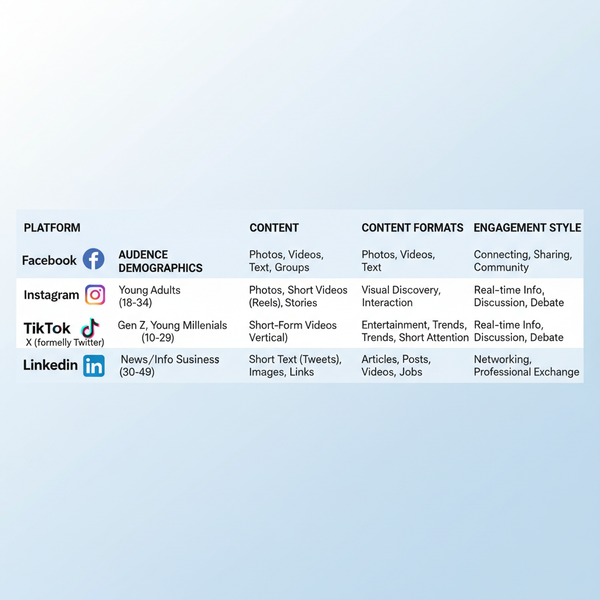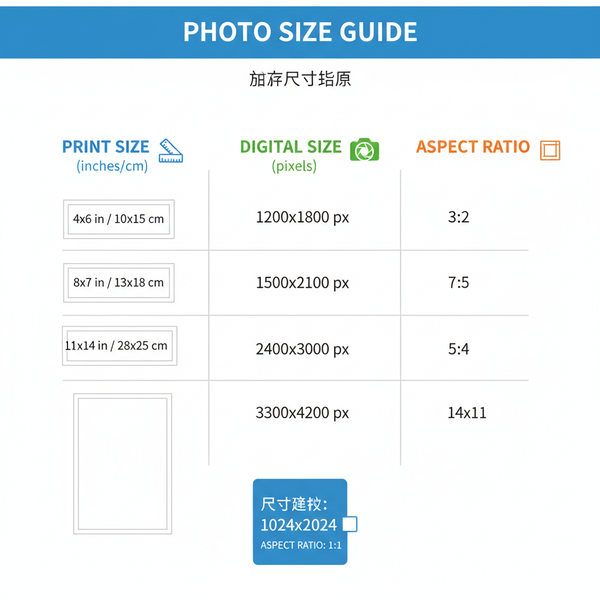Ad Will End Meaning and Causes in Digital Marketing
Learn what "ad will end" means in digital marketing, its causes, and strategies to manage budgets, duration, and performance for uninterrupted delivery.
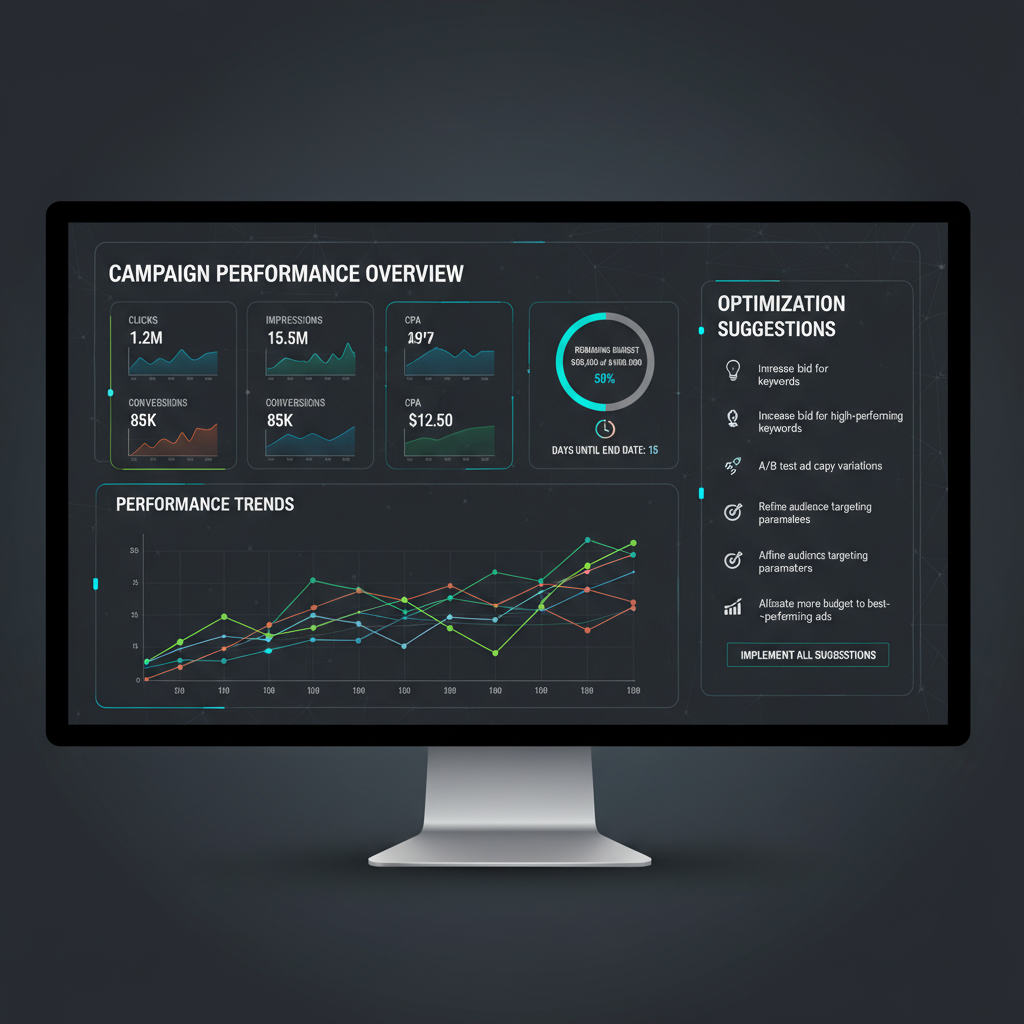
Understanding the Phrase "Ad Will End" in Digital Marketing
In digital marketing, the phrase "ad will end" is a status alert shown on advertising platforms such as Google Ads, Facebook Ads, Instagram Ads, and others. It signals that an ad or campaign is close to its scheduled end date, or that it’s set to stop soon due to budget depletion, pacing rules, or other predefined conditions.
Recognizing and responding to "ad will end" notifications is vital for avoiding disruptions in campaign delivery. Advertisers who act on these alerts can maintain audience reach, optimize spend, and sustain overall marketing momentum.

---
Common Situations Where You See "Ad Will End" Notifications
Major advertising platforms provide these alerts to help marketers proactively manage active campaigns. Common situations include:
- Google Ads – Shows "Ad will end" when the campaign reaches its scheduled end date or if daily/monthly budget limits are nearly reached.
- Facebook Ads Manager – Sends a status warning when an ad set is approaching completion.
- Instagram Ads (via Meta) – Indicates your ad is set to stop based on time or budget criteria.
These alerts are not mere system messages; they are action prompts to safeguard campaign results and prevent revenue loss.
---
Reasons Why Ads End
There are several main reasons an ad abruptly ends or reaches its stop date:
- Budget Exhausted
- Once your daily or total campaign budget is spent, ads will pause instantly, even if the end date hasn’t been reached.
- Scheduled End Date
- Campaigns operate within fixed start/end parameters. The system automatically stops delivery at the preset end date.
- Policy Violations
- Content that breaches platform guidelines (misleading claims, prohibited items, etc.) may be disapproved and end early.
- Low Performance or Manual Pauses
- Marketers may stop low-performing ads to allocate budget to more successful efforts.
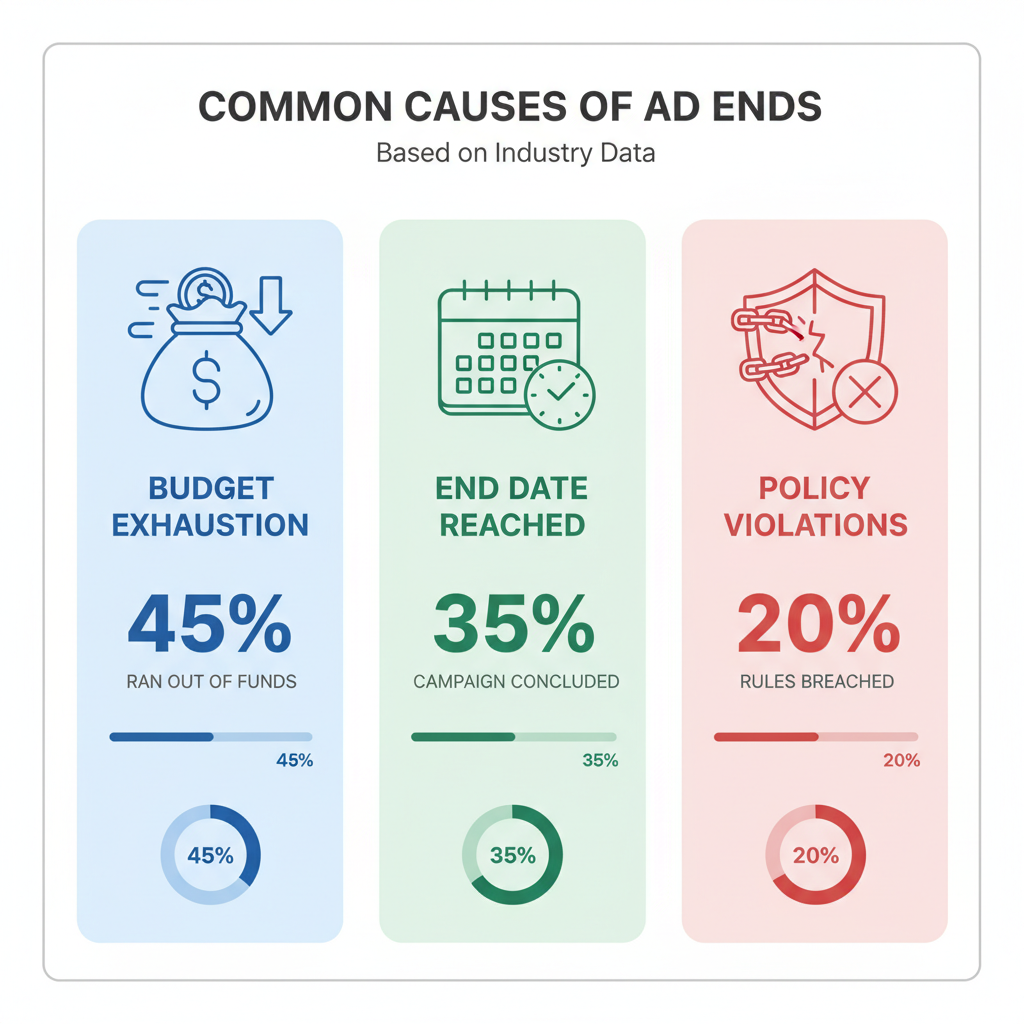
---
Planning Ad Campaigns to Avoid Premature Ending
Proactive planning mitigates the risk of ads ending earlier than intended:
- Set realistic budgets appropriate for both duration and cost-per-result expectations.
- Include buffer days outside key promo periods for flexibility.
- Track spend daily to prevent unexpected depletion.
- Vet creative and copy for policy compliance before launch.
---
Best Practices for Campaign Duration and Monitoring
Careful campaign structuring boosts performance and minimizes downtime:
- Match duration to goals – Short runs for time-sensitive offers, longer timelines for awareness campaigns.
- Enable automated alerts for spend anomalies or CTR changes.
- Use pacing controls to distribute budget evenly.
Consistent monitoring ensures small issues don’t snowball into costly outages.
---
Troubleshooting Ads That End Early
If an ad stops ahead of schedule, investigate these factors:
- Campaign Settings – Double-check budget caps, pacing, and end dates.
- Targeting Parameters – Too narrow targeting may burn through audiences quickly.
- Billing Issues – Ensure active, valid payment methods.
- Ad Quality/Relevance – Low engagement scores can lead to throttling or reduced delivery.
---
Optimizing Ad Spend Before the End Date
When a campaign is nearing completion:
- Increase bids on high-performing segments.
- Reallocate budget from low-ROI creatives to stronger ones.
- Focus targeting on high-intent or converting users.
These tactics help squeeze maximum benefit from the remaining run time.
---
Performance Metrics to Track Before Ending an Ad
Data-driven insights will inform whether you should extend or restart campaigns:
| Metric | Purpose | Recommended Frequency |
|---|---|---|
| CTR (Click-Through Rate) | Measures engagement strength | Daily |
| Conversion Rate | Assesses conversion success from clicks | Daily / Weekly |
| CPM/CPC | Evaluates cost-effectiveness | Daily |
| ROAS (Return on Ad Spend) | Determines profitability | Weekly |
| Impression Share | Compares visibility versus competitors | Weekly |
Keeping tabs on KPIs before ads stop running ensures clear next-step decisions.
---
Extending or Restarting an Ended Ad Campaign
To keep ads running beyond the original plan:
- Adjust end dates in settings if allowed.
- Duplicate campaigns to retain performance learning while updating creatives or targeting.
- Explore fresh segments to combat ad fatigue.
- Revise budgets in line with performance outcomes.
Reactivation should be strategic — avoid simply re-running the same setup without improvement.
---
Key Takeaways for Multi-Campaign Management
When managing ads across multiple platforms:
- Maintain a unified campaign calendar with all start and end dates.
- Use reminders and automation for "ad will end" notices.
- Monitor combined budget pools to balance spend across campaigns.
- Adhere to policy standards across platforms to prevent surprise shutdowns.
These habits enhance operational efficiency and maximize ROI.
---
Final Thoughts and Next Steps
The "ad will end" message is a critical checkpoint in online advertising — prompting action to extend, optimize, replace, or restart campaigns. By preparing for and responding to these alerts, advertisers avoid gaps in delivery, sustain audience engagement, and preserve revenue flow.
Whether you’re running a single ad or managing hundreds across platforms, making "ad will end" notifications part of your regular monitoring routine will greatly improve campaign consistency and results.
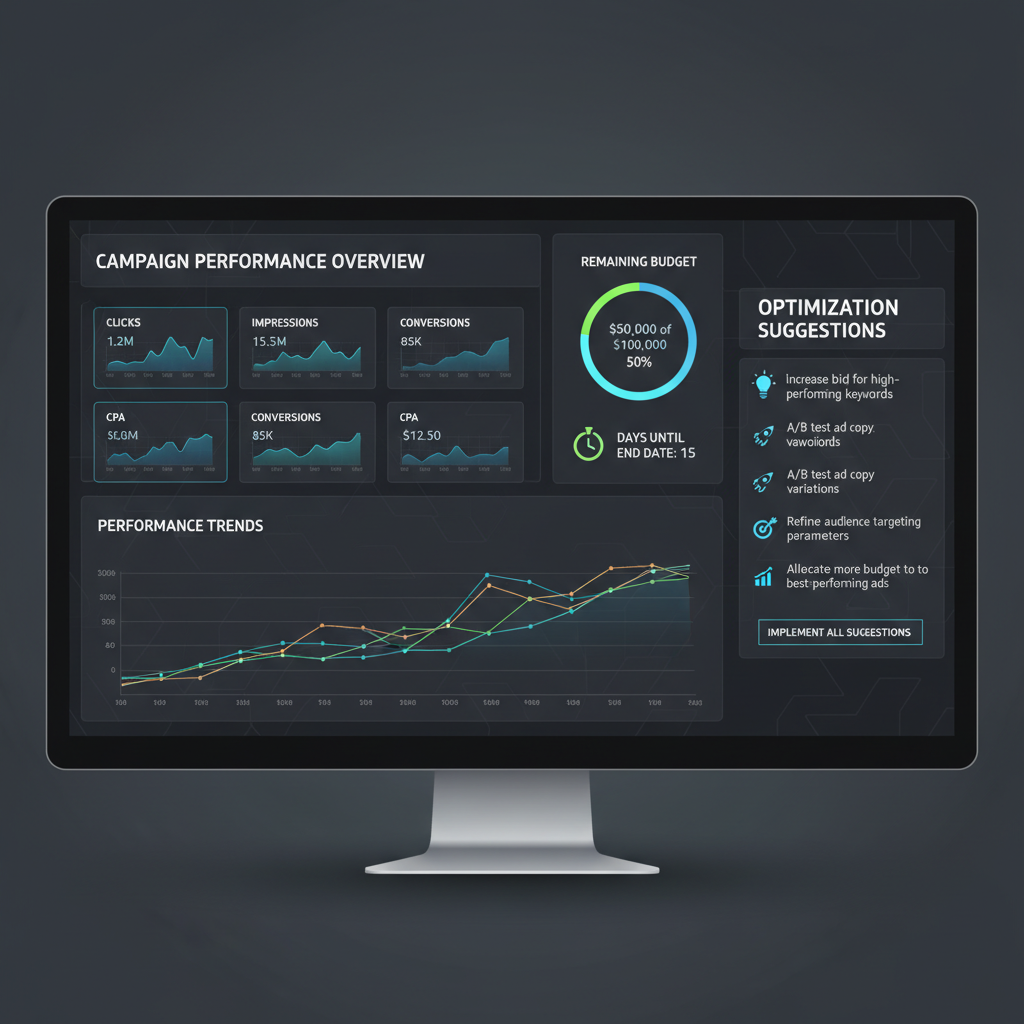
Call to Action: Start reviewing your active campaigns today and set up timely notifications so you can act immediately when your ads are about to end — your conversion rates and marketing ROI depend on it.


